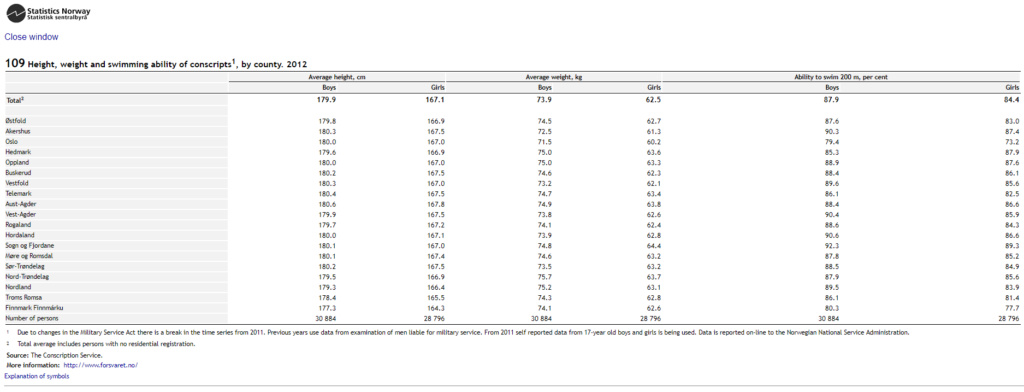For Most, Height Won’t Increase After Age 18
Even with a healthy diet, most people’s height won’t increase after age 18 to 20.
The graph below shows the rate of growth from birth to age 20. As you can see, the growth lines fall to zero between ages 18 and 20 (7, 8 )
Human Height Growth Per Month
Share on Pinterest
The reason why your height stops increasing is your bones, specifically your growth plates.
The growth plates, or epiphyseal plates, are areas of specialized cartilage near the end of your long bones.
Increases in height are primarily due to the lengthening of your long bones, as the growth plates are still active or “open.”
Near the end of puberty, hormonal changes cause the growth plates to harden or “close” and the lengthening of bones to stop (9).
Growth plates close around age 16 in women and somewhere between ages 14 and 19 in men (10).
Even though true growth of the long bones won’t occur in most adults, some slight daily variations in height are typical.
The cause of this variation throughout the day is the slight compression of the discs in your spine (11, 12).
Daily activities impact the cartilage and fluid in your spine and cause slight reductions in height as the day progresses (11, 12, 13).
This loss of height during the day may be up to about half an inch (1.5 cm) (14, 15, 16).
Some research has indicated that the height of the discs in your spine may continue to increase through young adulthood, but the impact on overall height is minimal (17).
SUMMARY:
For most people, height will not increase after age 18 to 20 due to the closure of the growth plates in bones. Compression and decompression of the discs in your spine lead to small changes in height throughout the day.
Última edición por taturas el Vie Dic 20, 2019 12:29 am, editado 1 vez




